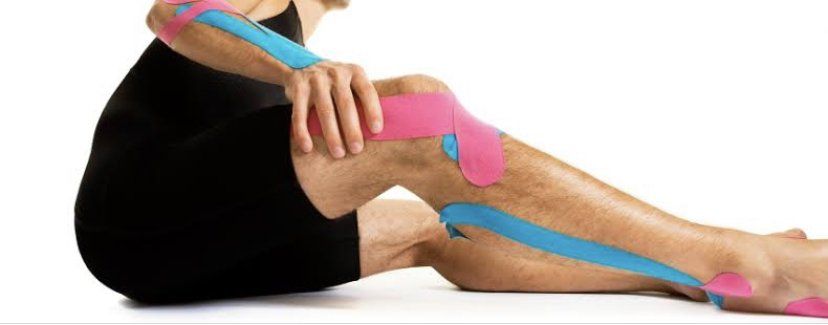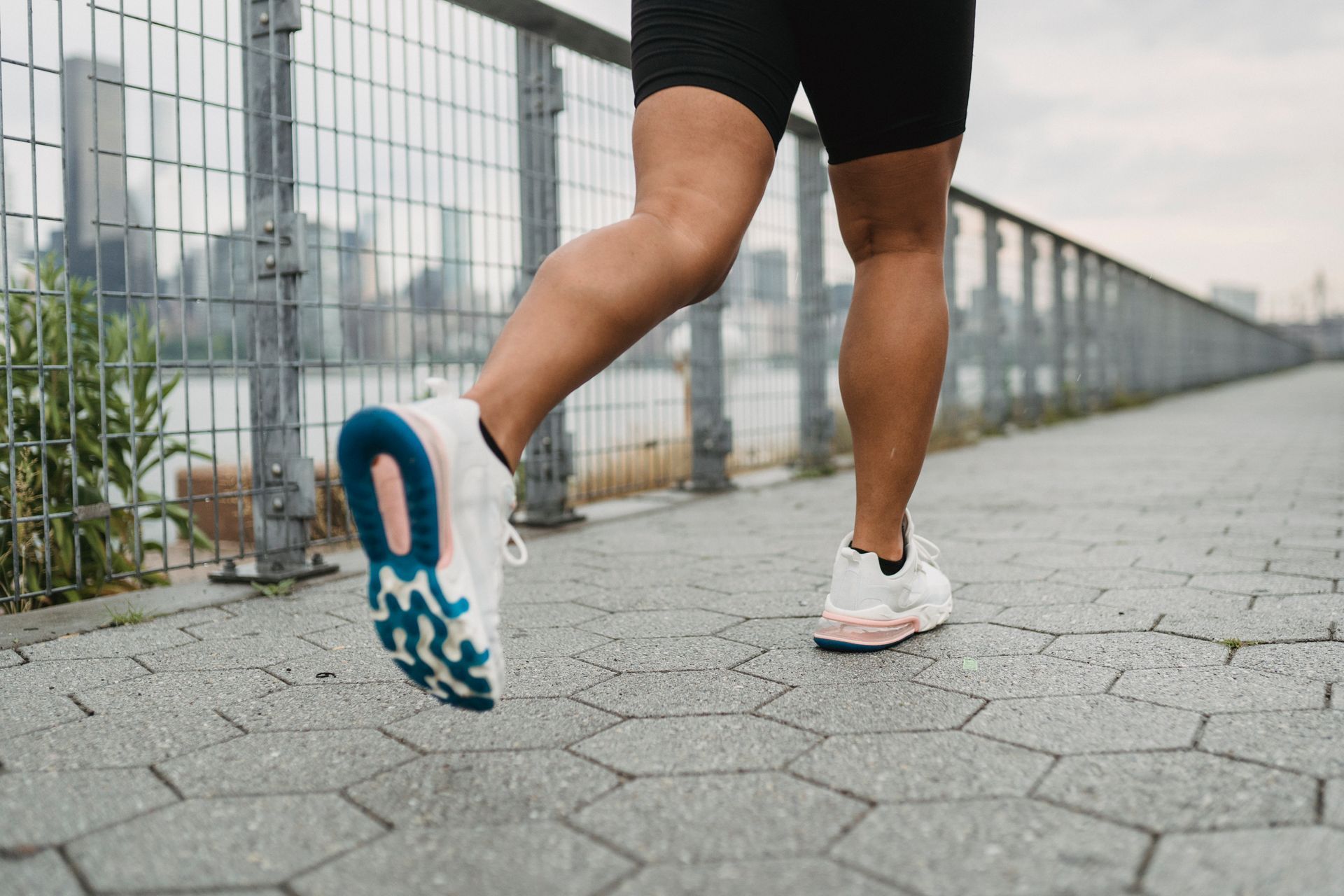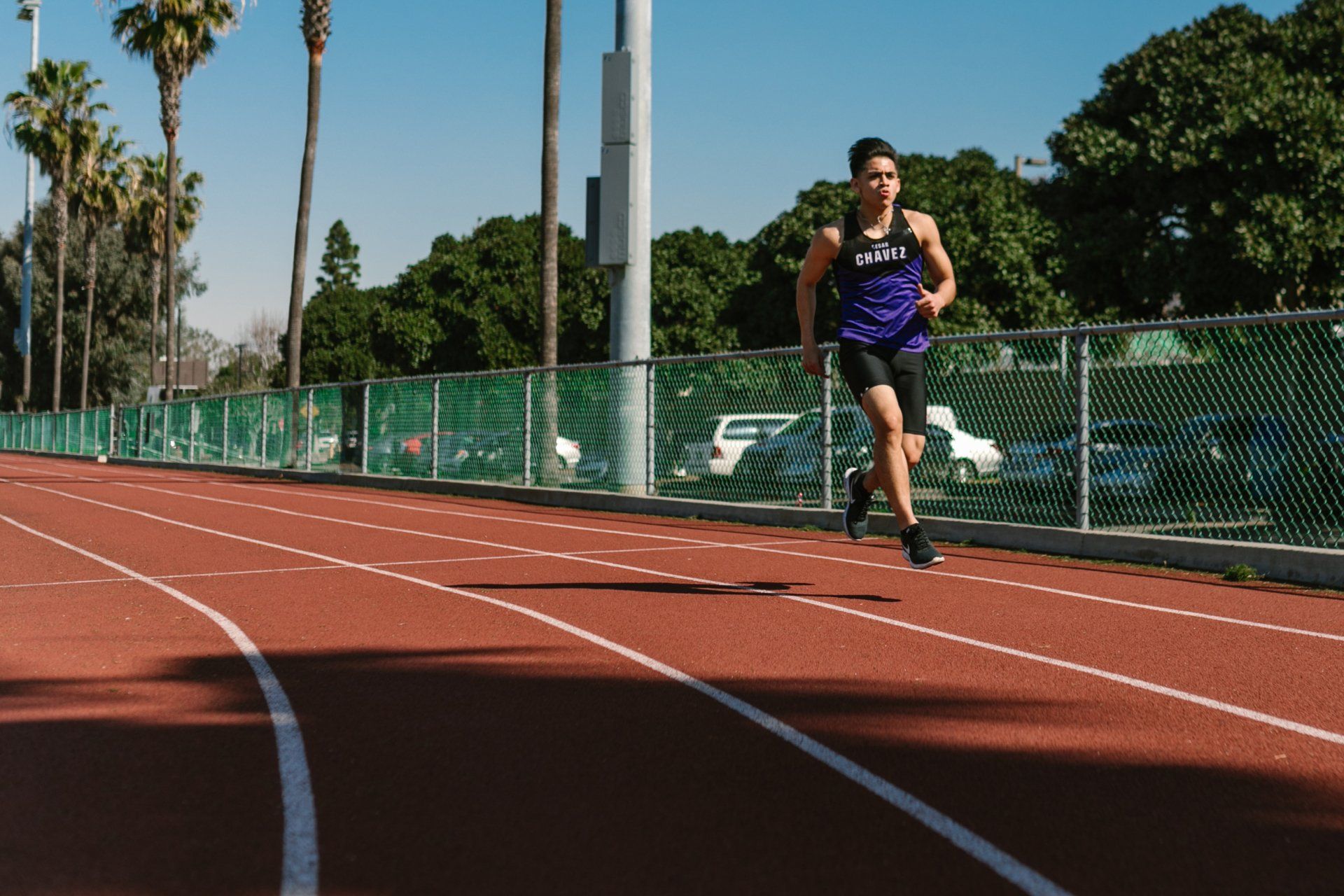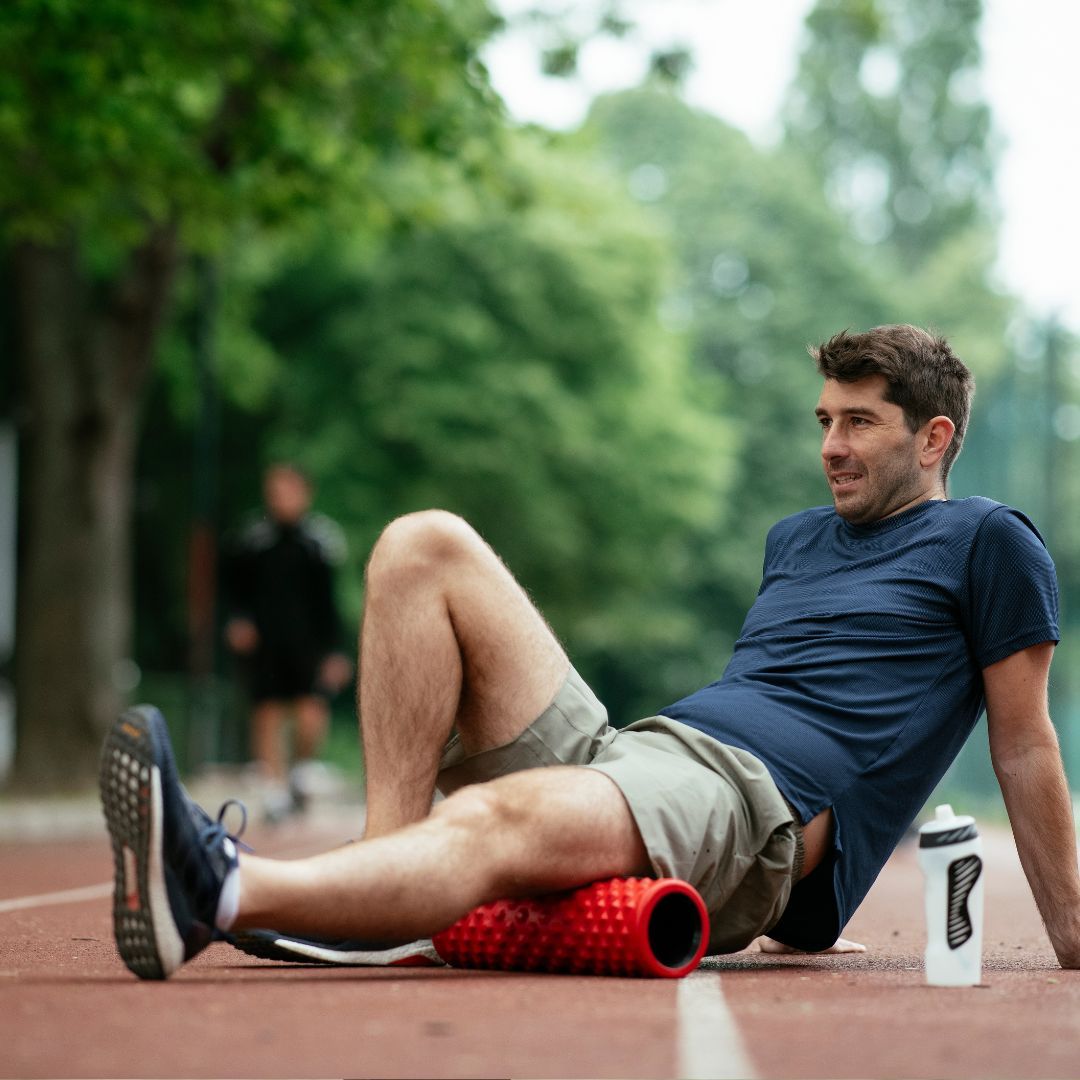Coping With Injuries
Coping With Injuries.

This week I will be talking to you about coping with injuries. There is a freebie to help you with this so make sure you read to the end to find out how you can access this! I have also written a couple of other blog posts about injuries, you can check them out too!
In order to create the perfect athlete who never gets injured, the correct muscle strength, skeletal structure, tendon elasticity, heart and lung size and precisely the right interaction between anatomical, biochemical and physiological systems are required. The chance of this perfect, nearly uninjurable (is that even a word??) existing is around 1 in 20 million. Add into the mix that even with those perfect elements, we have to add in elements like overtraining, equipment interaction (old shoes anyone??), technical trails, heck even raised pavement cracks!!, as well as psychological factors such as personality traits, stressors and coping methods, it means we are highly likely to get injured at some point. Although having a coach should eliminate the overtraining element, there are still many other factors that could cause injury. So, we need to be prepared for how we will deal with an injury.
Getting injured can be really hard for athletes to deal with as not only do they have to deal with the possible pain of the injury, but also the array of negative emotions such as devastation, feeling cheated, restlessness and isolation. All of these can negatively impact the psychological wellbeing and life satisfaction of the athlete. On top of all of this, some athletes may develop a pervading and debilitating fear of re-injury. And I know, because I’ve been there.
Another area athletes may struggle to cope with injury is in relation to their mental health. As we all know, many of us use running to help us cope mentally with life; whether as a stress release as a physical release of pent-up frustrations or some head space to calm down and to put everything in life in perspective, it can be as equally as effective as medication. So, when an athlete is injured they are not only losing one of their favourite things to do, they may also potentially be losing a valuable coping mechanism for them.
In actual fact, as unbelievable as it may seem, injury can be a time to better understand your body, build up strength for the future to prevent further injuries, re-ignite their passion for running and give them higher motivation to compete again in the future. Although an injury is never welcomed, researchers have found that those athletes who are able to stay confident and positive whilst keeping their anxiety low will show increased likelihood of a faster and more successful recovery than those who don’t.
There are 5 stages that athletes should go through on their road to recovery from injury.
Firstly, is anger or being upset. It is perfectly normal to feel anger or to be upset when you get injured. It does not mean you are mentally weak. It is natural to grieve for what you feel you will be missing; your training, your races, your social connections and so on. Part of the anger is also the uncertainty you may be feeling. Not knowing what to expect but knowing that things will change. Change is hard, and we may not have a definitive diagnosis or timeline for recovery, which can lead to feelings of frustration as well as anger. You need to allow yourself a couple of days to feel all the feelings, but then know that it is time to move on to the next stage of the process.
Next up is information gathering. This part is easy for most of us!! Better informed athletes can make better informed decisions, so this is an important part of the recovery process. The process of finding out about an injury is known as instrumental coping and has been found to improve adherence to rehabilitation and give more positive long term consequences. Learning about the injury also involves reflecting on the circumstance leading up to it and how it occurred. Some will be simple, like a sprained ankle running technical trail, others (namely overuse injuries) may be harder to find. For instance when I had my stress fractures many years ago, I learnt that it was part of RED-s which led me to change my training and increase my food intake. This has in turn led to me being a more injury-proof runner in the long term. So use this learning process to find out what you can do to make sure this doesn’t happen again.
Next, find experts to help you. This could be a physio, osteo, chiro, myo, massage therapist or sports doctor. Whoever it is, it needs to be someone you trust and respect so that you are more likely to follow their advice. This expert needs to be clear and concise with what you need to do for rehabilitation as it has been found that the stronger the athlete’s belief in the treatment efficacy, the greater compliance and the more positive about their long-term recovery. In this way you will recover more successfully.
Next on the timeline is goal setting your recovery. Don’t underestimate how important this aspect is!! The runners who recover the best are the ones who take their recovery as seriously as their training. Ultimately, it is now part of your training!! Runners who set goals for their recovery and return to sport have been found to adhere better to their rehab programs. Essentially it gives your recovery a purpose, and just like I always say each run needs a purpose, your recovery is the same. This process helps the athlete feel positive and that they are doing something productive and when they go through a down moment they can see that the structures are in place and they are doing the right things to get them back to full health, strength and fitness. The goals need to be meaningful to you and give you control over your rehab. For instance, some process goals for recovery may be doing your exercises twice a day, rolling and stretching every day, seeing the physio every week, volunteering at races once a month, and so on. Hitting these small goals leads to greater gains in the long term.
Finally, you need to find something to fill the injury gap. Seeing as you are not training you will have a lot more time to spare. While physio and your rehab exercises will fill some of that, there will be time gaps, and most importantly gaps mentally that need to be filled. This can be a time for you to focus more on your family, your work, your running social group through volunteering or being a mentor to other runners, finding a new cross-training exercise or on developing your own mental strength practices to help you when you return to running and racing. Engaging in such activities will help lower any potential depressive symptoms. Trying new sports like cycling, yoga or strength training will make you a stronger and more resilient runner and developing your mental strategies such as visualising (visualising your injury healing is amazingly effective) and learning focusing techniques and attentional strategies will benefit your running and racing.
Some other points to consider when faced with injury is the effect of social media on your mental health. This may not be a good time to be scrolling and seeing all the runs everyone else seems to be doing. It can be frustrating when you see others posts about their runs or see peoples training on Strava. Doing a lot of this scrolling may lead the runner to returning to running too soon, even though we know rationally that training when injured or sick is detrimental to our performance and recovery, it can be very tempting when we are bombarded with messages about others training or toughing it out. You are not being lazy taking time off to recover, you are being sensible!
Injuries are the bane of every runner. Learning to listen to your body so as to avoid injury is very important, but if you are injured it is important that you make sure recovery is purposeful and effective. I have a premade injury analysis and goal setting document that you can use to help you on your recovery journey. To get access to this valuable document, DM me on Insta or Facebook on my Peak Endurance Coaching page with the words Recovery and I will DM you back with the link to access this document.
Remember, that sometimes injury set backs can propel us even higher levels in our running. Use this time to slingshot yourself to greater success.
Don’t forget to register for my mental toughness for ultra-running workshop. I will be giving you practical, easy to implement, actionable strategies to help you become a mentally tough and resilient runner. Your outlook on racing and performances will improve. All this in a 90 minute to 2-hour workshop with time for questions at the end, as well as time for a cuppa and a catch up. Check out my website for all the registration details. Seriously, you do not want to miss this!!
Thank you so much for joining me today, I hope it was informative and you got a lot out of it to help you if you are injured or to prepare yourself for the time when you may be. If you are interested in coaching, email me isobel@peakendurancecoaching.com.au Don’t forget to follow me on socials: insta or facebook Peak Endurance Coaching (and don’t forget to DM me for that document!!), or you can follow me personally Isobel Ross. If you want to get on my email list, and I recommend it if you want to get interesting newsletters with exercises, recipes and articles, make sure fill out the subscribe form at the bottom of this page.
Also, please do me a huge favour and subscribe to the pod on your preferred podcast platform. A 5-star review would be fantastic too!! I love your support!
Wherever you are in the world have an awesome day, or evening or night! Have fun out there on the roads and trails! Catch you soon!!
Click here to get access to the Coping With Injury eBook/planner.











